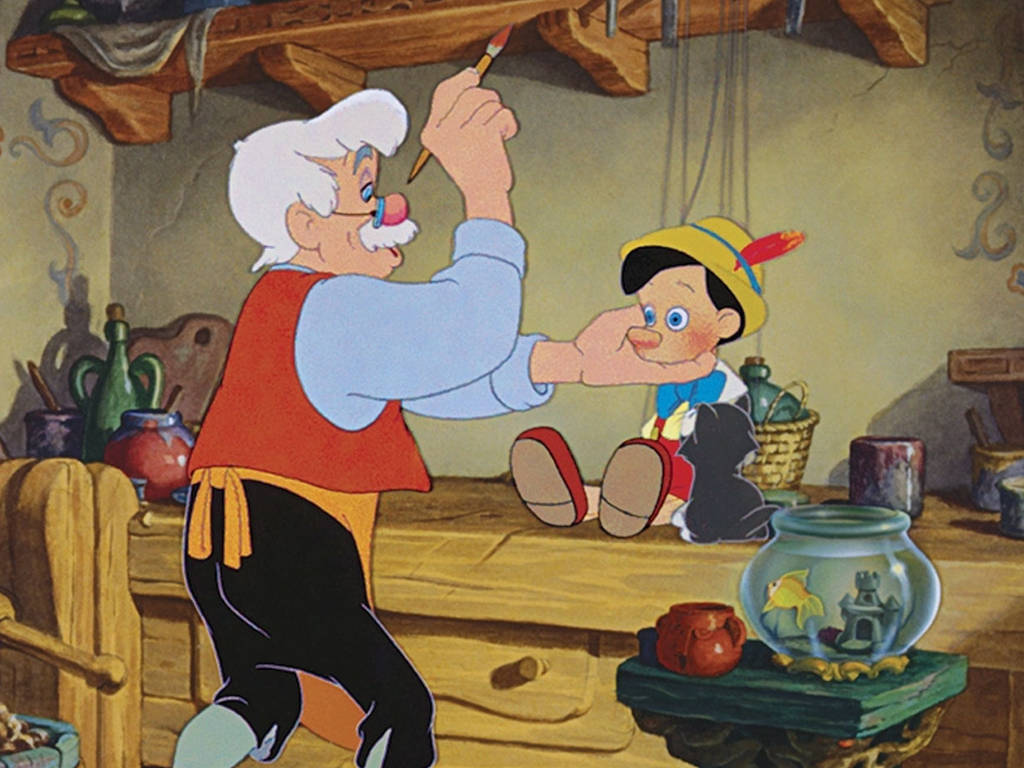
Proving the existence of a corporate intent to restrain trade has always been difficult, but directly prosecuting corporations for acts that do not involve strict liability or negligence has been almost impossible because liability for such acts traditionally depends on evidence of mens rea, “guilty mind,” and few jurists have been convinced that the corporation as such is in possession of the subjective capacity to apprehend guilt-a postulate that has required that criminal liability must be derived from the actions of people, not from an artificial entity supposedly incapable of forming motives. Since the passage of the Sherman Antitrust Act in 1890, corporate intent has been crucial to the determination of the guilt or innocence of an alleged monopolist. In both areas attempts by prosecutors to attach liability to the corporation have often foundered on the problem of characterizing the subjectivity of artificial persons in the terms long applied to biological persons. The problem of corporate intention has been critical in two distinct but affiliated areas of the law that bear on studio authorship: antitrust and criminal liability. The people, the Congress, or the court might decide that a corporate author should be held responsible for its works, even so far as to be held liable for criminal acts executed on its authority.

Having the capacity to intend, of course, would make it possible for the corporation to be an author who speaks copyrightable utterances rather than merely purchases them. Speaking in the form of motion pictures enables entertainment corporations not only to reach a global audience but also to shape it and the social conditions in which such speaking means. Speaking in the form of financial contributions to lobbyists and even legislators can guarantee access and influence. Speaking in the form of political advertising can be hugely influential. There are good reasons why a corporation might be happy to speak but be unhappy to be burdened with intention. Whether, however, a corporation is a kind of person who, like Jiminy Cricket, can intend as an author, tell right from wrong, and accept the consequences of its actions are questions that, as we shall see, the US Supreme Court obliquely raises but fails to answer. The US Supreme Court has settled the question with its judgment for the plaintiff in Citizens United v. The critical issue for corporate theory is no longer whether a corporation may speak as freely as any other person, just as Pinocchio magically does when first touched by the fairy's wand.

This essay adds a clause formulated to fit the circumstances of the transformative Disney-Pixar merger in 2006: the agent of a corporate principal may be its “culture,” acting as the conscience of the corporation.
PINOCCHIO STORY ORIGINAL SCRIPT SERIES
The thesis unfolds as a series of entailments: no interpretation without meaning, no meaning without intention, no intention without an author, no author without a person, no person with greater right to or capacity for authorship than a corporate person, and no corporate person who can act without an agent, whether executive, member of the board of directors, or employee.

I shall argue that the terms of Disney's acquisition of Pixar (consistently called a merger by the two parties), which commit Disney to “help maintain Pixar's corporate ‘culture,’” reflect Pixar's reading of Pinocchio as an allegory of corporate transformation and require a revision of what I have called the studio authorship thesis, which is premised on twin claims: (1) that an adequate understanding of the historical development and contemporary importance of the Hollywood entertainment business demands an understanding of what still remains its preeminent product, motion pictures, and (2) that those motion pictures cannot be understood without interpreting them as corporate texts. In 2006 Pixar, the little company that had demonstrated its capacity to be a money machine to new Disney CEO Robert Iger, became-thanks to the negotiating skills of Steve Jobs, CEO of Pixar-a real conscience for Walt Disney Productions. At the end of Walt Disney's 1940 feature Pinocchio, an animated, artificial person, proven to be a money machine for the gypsy impresario Stromboli, becomes, thanks to the intervention of the Blue Fairy, a real boy.


 0 kommentar(er)
0 kommentar(er)
